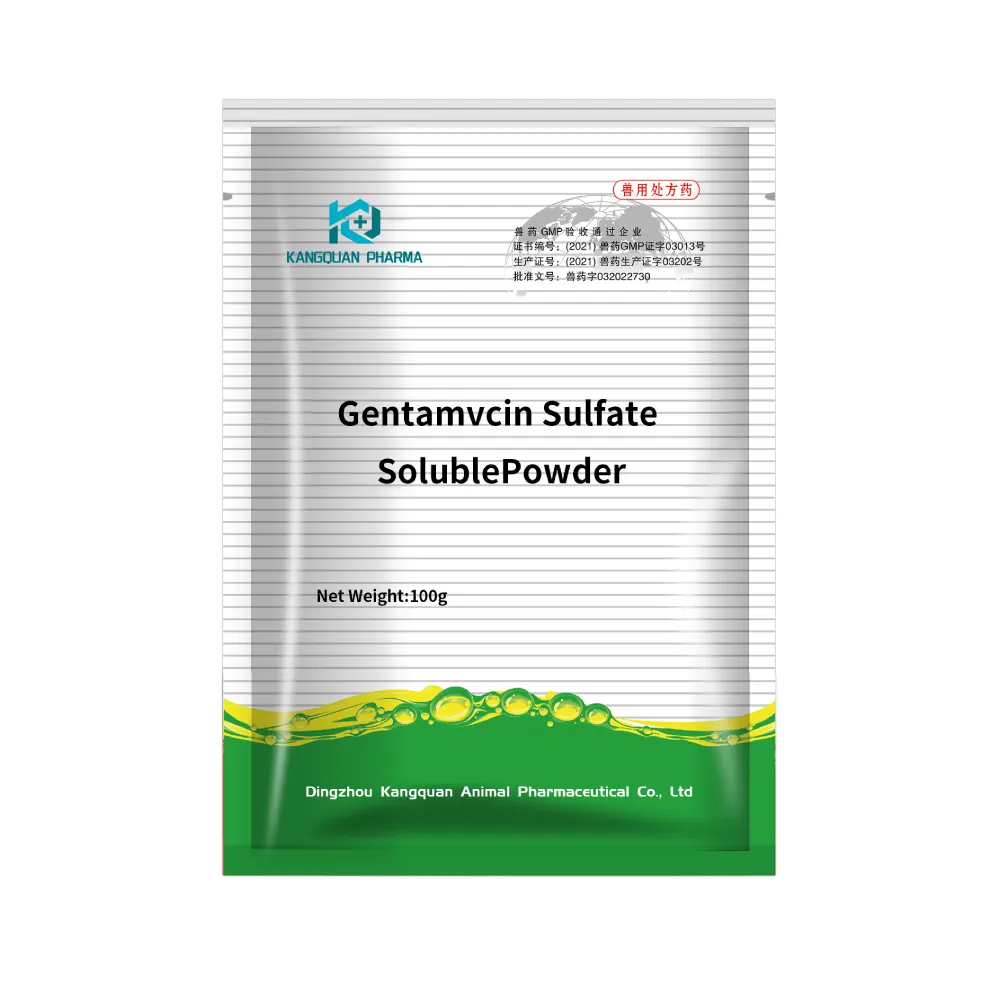- Afrikaans
- Albanian
- Amharic
- Arabic
- Armenian
- Azerbaijani
- Basque
- Belarusian
- Bengali
- Bosnian
- Bulgarian
- Catalan
- Cebuano
- Corsican
- Croatian
- Czech
- Danish
- Dutch
- English
- Esperanto
- Estonian
- Finnish
- French
- Frisian
- Galician
- Georgian
- German
- Greek
- Gujarati
- Haitian Creole
- hausa
- hawaiian
- Hebrew
- Hindi
- Miao
- Hungarian
- Icelandic
- igbo
- Indonesian
- irish
- Italian
- Japanese
- Javanese
- Kannada
- kazakh
- Khmer
- Rwandese
- Korean
- Kurdish
- Kyrgyz
- Lao
- Latin
- Latvian
- Lithuanian
- Luxembourgish
- Macedonian
- Malgashi
- Malay
- Malayalam
- Maltese
- Maori
- Marathi
- Mongolian
- Myanmar
- Nepali
- Norwegian
- Norwegian
- Occitan
- Pashto
- Persian
- Polish
- Portuguese
- Punjabi
- Romanian
- Russian
- Samoan
- Scottish Gaelic
- Serbian
- Sesotho
- Shona
- Sindhi
- Sinhala
- Slovak
- Slovenian
- Somali
- Spanish
- Sundanese
- Swahili
- Swedish
- Tagalog
- Tajik
- Tamil
- Tatar
- Telugu
- Thai
- Turkish
- Turkmen
- Ukrainian
- Urdu
- Uighur
- Uzbek
- Vietnamese
- Welsh
- Bantu
- Yiddish
- Yoruba
- Zulu
10 月 . 14, 2024 13:06 Back to list
ivermectin injectable solution
Ivermectin Injectable Solution A Comprehensive Overview
Ivermectin is a broad-spectrum antiparasitic agent that has gained considerable attention for its efficacy in treating a variety of parasitic infections in both humans and animals. As an injectable solution, it offers a convenient option for administering the drug, particularly in veterinary medicine, where it is extensively used to control parasitic diseases in livestock and companion animals.
Chemical Composition and Mechanism of Action
Ivermectin is derived from the natural fermentation products of the bacterium *Streptomyces avermitilis*. The injectable formulation typically contains ivermectin as the active pharmaceutical ingredient, along with suitable solvents and stabilizers. The drug works by binding to specific ion channels in the parasite's nervous system, leading to paralysis and death of the organism. This mechanism of action makes it highly effective against a variety of parasites, including nematodes and ectoparasites such as mites and lice.
Indications and Use in Veterinary Medicine
In veterinary practice, ivermectin injectable solutions are commonly used to treat infections caused by internal and external parasites. It is particularly effective against heartworm in dogs, as well as various gastrointestinal worms in livestock. The convenience of an injectable form makes it ideal for large animals and those that may be difficult to medicate orally. Vet practitioners often rely on dosing based on the weight of the animal, ensuring precise administration to maximize efficacy while minimizing potential side effects.
ivermectin injectable solution

Human Applications and Controversies
While primarily recognized for its veterinary applications, ivermectin has also been explored for use in humans, particularly in the treatment of onchocerciasis (river blindness) and lymphatic filariasis. However, the use of ivermectin for treating viral infections, including COVID-19, has been a subject of considerable debate. Regulatory authorities, including the FDA and WHO, have advised against the use of ivermectin for unapproved indications without proper medical guidance, citing insufficient evidence to support its efficacy in such cases and the potential for adverse effects.
Safety Profile and Side Effects
Generally, ivermectin injectable solutions are considered safe when used according to veterinary guidelines. However, potential side effects may still occur, including local reactions at the injection site, lethargy, and gastrointestinal disturbances. It is crucial that veterinary practitioners assess individual animal health status and any underlying conditions before administering ivermectin, particularly in pregnant or lactating animals.
Conclusion
Ivermectin injectable solution remains a critical tool in the fight against parasitic infections in veterinary medicine, offering a reliable and effective method of treatment for a wide range of species. While its human applications continue to evolve, caution and scientific evidence will guide future explorations of its use. As research expands, the potential of ivermectin and its derivatives may provide new insights into both veterinary and human medicine, highlighting the importance of continued vigilance in the stewardship of pharmacological agents. Proper usage, alongside ongoing education about its indications and potential risks, is essential to maximize the benefits of ivermectin while ensuring the health and safety of both animals and humans alike.
-
The Power of Radix Isatidis Extract for Your Health and Wellness
NewsOct.29,2024
-
Neomycin Sulfate Soluble Powder: A Versatile Solution for Pet Health
NewsOct.29,2024
-
Lincomycin Hydrochloride Soluble Powder – The Essential Solution
NewsOct.29,2024
-
Garamycin Gentamicin Sulfate for Effective Infection Control
NewsOct.29,2024
-
Doxycycline Hyclate Soluble Powder: Your Antibiotic Needs
NewsOct.29,2024
-
Tilmicosin Premix: The Ultimate Solution for Poultry Health
NewsOct.29,2024













